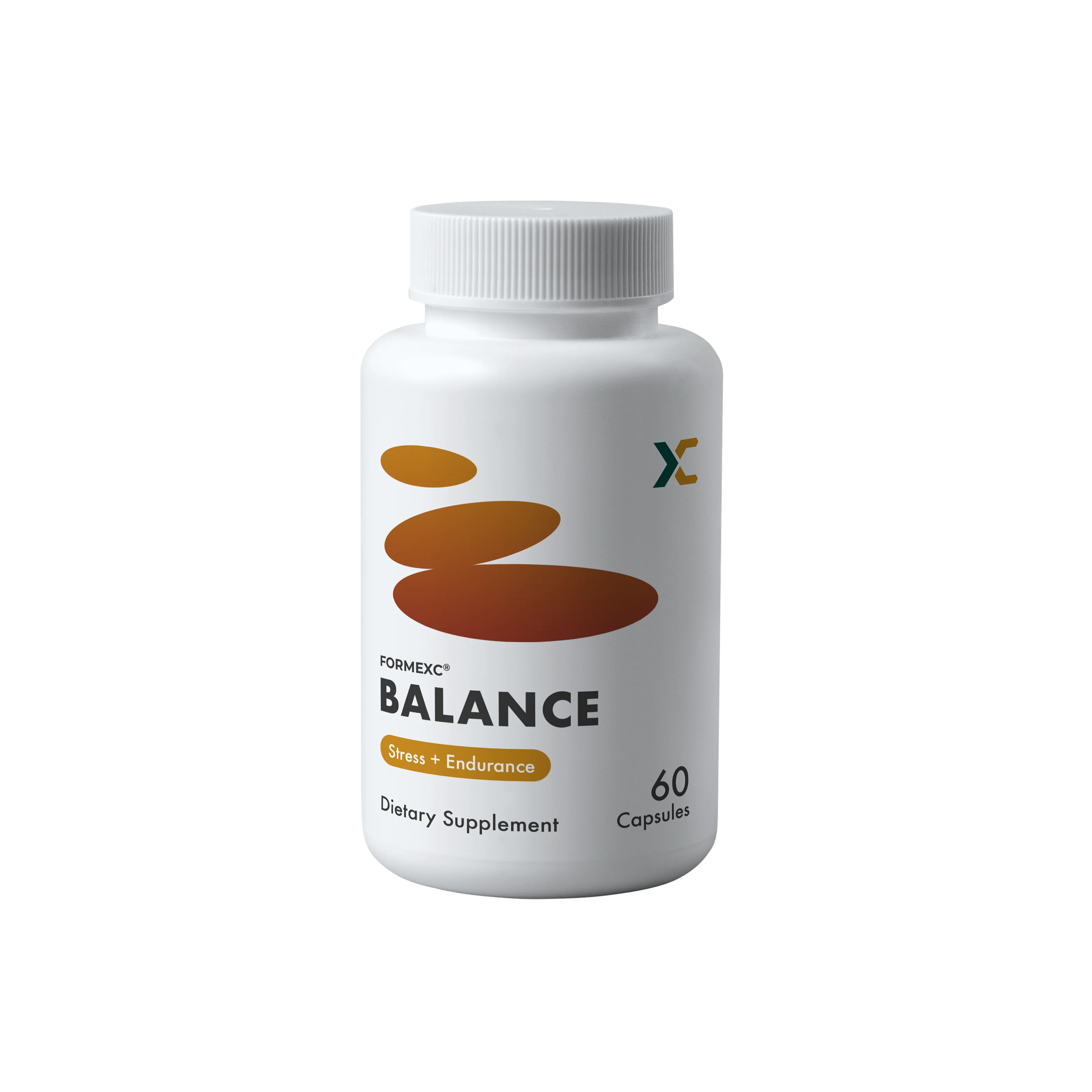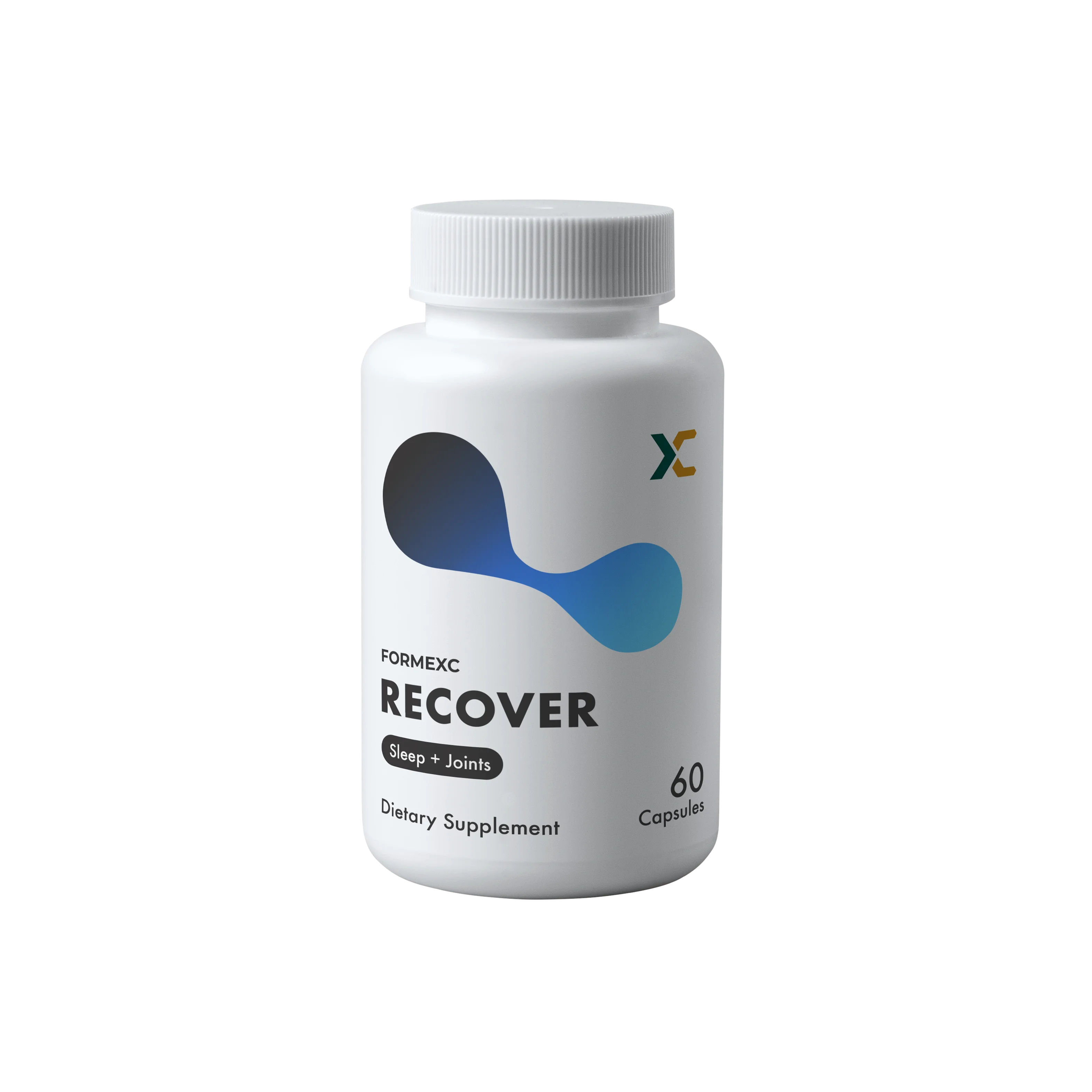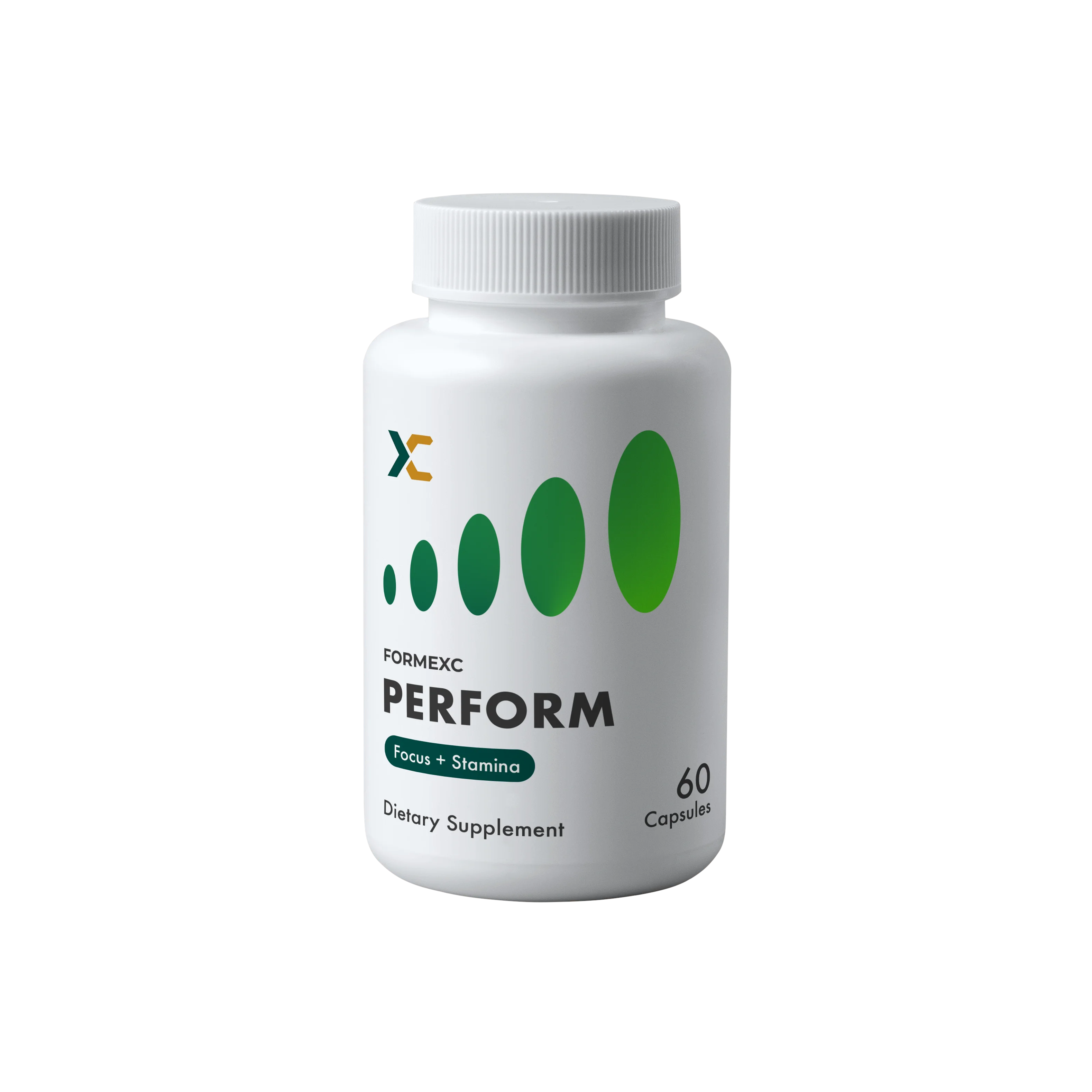Exercise leads to approximately nine key adaptations, with weight loss or weight gain being byproducts rather than direct outcomes. Training can be categorized in various ways, but the fundamental principles remain constant. There are countless methodologies to achieve these principles, which are crucial for personal and athletic development, regardless of your gym experience. Here’s a breakdown:
- Skill: This involves improving specific techniques, such as a tennis forehand, deadlift form, or cycling mechanics. It’s about training your body to move as desired.
- Speed: This focuses on moving as quickly as possible.
- Power: Power combines speed and strength. It can be calculated as Strength x Speed.
- Strength: This is the ability of a muscle to apply force and overcome resistance, measuring how much force a muscle can exert.
- Hypertrophy: This is about increasing muscle size and mass.
- Muscular Endurance: This is the ability to sustain muscle contractions against resistance, such as performing as many push-ups as possible in one minute.
- Anaerobic Power: This is the capacity to produce significant work within 30 seconds to 1-2 minutes.
- VO2 Max: This measures the ability to sustain work similar to anaerobic power but for a longer duration, typically 3-12 minutes.
- Long-Duration Endurance: This is the ability to sustain work for extended periods, such as 30+ minutes, regardless of speed.
These are the core principles of training that you can target. Some principles overlap, while others may be somewhat contradictory. However, a crucial element that underpins all these principles is progressive overload.
Physiological adaptation occurs as a response to stress, meaning you must continually challenge your system. Repeating the same workout without variation will lead to maintenance rather than improvement, as the lack of additional stress prevents further adaptation. Progressive overload can be achieved in many ways, such as increasing weights, repetitions, workout frequency, or movement complexity. To progress, you must ensure some form of continual advancement in your training.
Click here to explore Formexc products and use the code "NEW10" to get 10% off your first order.
Did you find this article useful? Share it with a friend and spread the love for healthy living.
Your success fuels our motivation.
Love,
Team Formexc 💚💛







